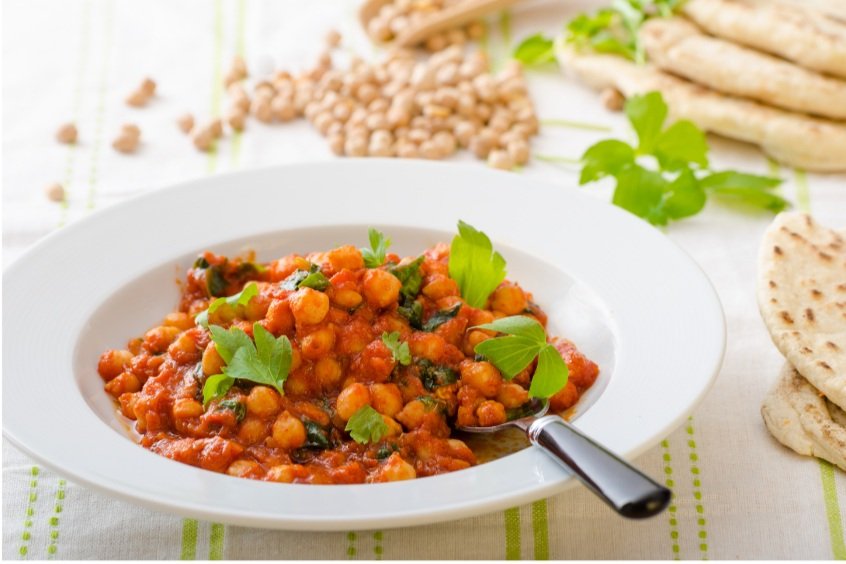A Guide to Sustainable Eating
Our eating habits are having an adverse effect on the environment. Farming and manufacturing processes and the way we eat and dispose of food is damaging the planet. For example, increasing greenhouse gas emissions, deforestation, biodiversity loss, and soil and water pollution.
According to the Food and Agricultural Organisation of the United Nations, “Sustainable diets are those diets with low environmental impacts which contribute to food and nutrition security and to healthy life for present and future generations. Sustainable diets are protective and respectful of biodiversity and ecosystems, culturally acceptable, accessible, economically fair and affordable; nutritionally adequate, safe and healthy; while optimising natural and human resources.” (1.)
To better our health and deal with the impacts our food system is having on the environment, the way we produce food and how it is consumed, needs to change. This will ensure there is sufficient food for everyone that is produced sustainably in a way that protects our planet and improves our health.
Here are some changes you can make to your diet to help you eat more sustainably:
Reach your 5-a-day
Fruits and vegetables tend to have a lower environmental impact in regard to greenhouse gases and land use, compared to other types of food. They are a good source of vitamins, minerals and fibre.
Choose local and seasonal produce (usually cheaper)
Limit fruits and vegetables that been flow in or grown in greenhouses
2. Choose sustainably sourced fish (if you eat fish of course)
Rather than just opting for cod, haddock, tuna, salmon and prawns, try to use a wider variety of fish whose stocks are thought to be more abundant.
Try to choose those that are caught or farmed more responsibly like mussels, mackerel and European hake
Choose fish from sustainable sources - look out for fish with the Marine Stewardship Council Certificate (MSC), the Soil Association (Organic) logo; Aquaculture Stewardship Council (ASC) certification; and RSPCA monitored logos
3. Include more plant-based sources of protein
Consume more beans and other pulses, nuts, seeds, and plant-based meat alternatives such as soya and tofu, which are not high in saturated fat or salt.
For example, add a can of chickpeas to a curry to replace some or all of the meat, use tofu in stir fries, have a handful of unsalted nuts for a snack
If you do consume meat, opt for good quality sustainable meat sources from local producers - check the labels for welfare assured meat and animal products
4. Reduce food waste
Food losses and waste can contribute to greenhouse gas emissions.
Try to plan meals
Write a shopping list
Check what ingredients you have at home before you shop
Make the most of your freezer - try to freeze perishable items such as bread
Check food labels so you know how to store foods correctly to ensure they stay fresh for as long as possible
5. Reduce intake of processed foods
This will help decrease environmental footprint, particularly if these foods are eaten often or in large amounts.
Try to portion out snacks such as nuts or crisps
Leave a fruit bowl on the kitchen counter or by your desk, so you are more likely to opt for healthier snacks rather than snacks high in fat, salt or sugar
Try to plan for healthier snacks such as a slice of wholegrain toast with peanut butter (100% nut and no added sugar or salt) by adding them to your shopping list
6. Cut down on soft drinks and fruit juice
They are the third largest contributor of dietary greenhouse gas emissions.
Try to go for water as that is the most sustainable source of hydration
If you are going to make changes to your diet to make it a more sustainable one, remember to make one change at a time. If you change everything at once, it may be overwhelming and difficult to maintain.
This blog is aimed at adults
This blog is intended for information only
The advice given is generic advice for supporting a healthy diet and lifestyle. For specific medical conditions please seek advice from your GP.








